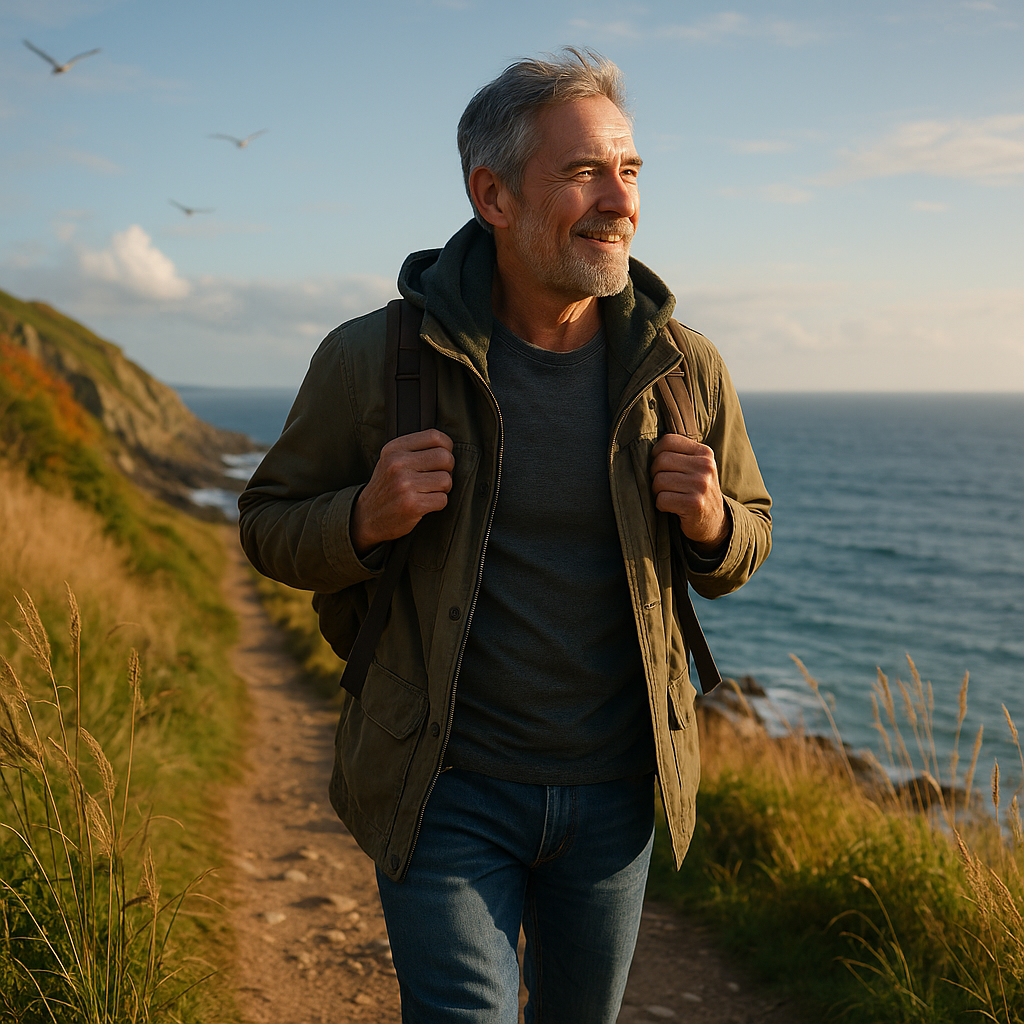On Endurance and the Shape of a Free Life
I have long suspected that freedom is not best measured in the moments when we get our way, but in the seasons when we endure without bitterness. The truest liberty, like the longest voyage, requires a steady hand on the tiller when the wind refuses to change.
We moderns tend to think of freedom as a thing of immediacy. We want our liberties served as quickly as our coffee, with the option to customise, cancel, or reorder. But the older, slower notion of freedom,the one whispered by patient farmers and sea captains,sees it not as a flash of personal power, but as the patient endurance of a good course, even through fog and headwind.
This is not the stoic grimness of someone resigned to misery. Rather, it is the kind of joyful tenacity that grows when one has settled deep into the conviction that life is worth living well, even when it is not going smoothly.
A truly free person does not confuse delay with defeat. They are not panicked by the long arc of things. They understand that the liberty to hold steady when others grow restless is itself a quiet, unassailable strength.
The trouble with endurance is that it feels so… unglamorous. No one builds monuments to those who simply “kept showing up.” And yet, most of the beautiful things we cherish,friendship, art, good bread, peace,exist only because someone kept tending to them when no one was watching.
The freedom to endure is, paradoxically, the freedom to fail without losing heart. It is the ability to look at an imperfect day, an imperfect decade even, and say, “Still, we go on.” This does not mean being untroubled by setbacks, but rather being unmoved in one’s deepest resolve by them.
It is here that endurance brushes up against hope. For without hope, endurance hardens into mere stubbornness; with hope, it becomes the slow, dignified gait of someone walking towards a horizon they may not live to reach, but which they know is worth the journey.
The long horizon is easier to face when we travel in company. The solitary hero may be a fine subject for novels, but in real life, endurance is sustained by the warmth of shared purpose. It is in the clasp of a friend’s hand, the nod of a fellow traveller, that we find courage to press on.
A society that cherishes freedom must learn to cultivate this kind of long companionship. We will disagree, of course,we are human,but if we can keep showing up for one another, we will discover that the shared work of endurance makes our differences less brittle.
The kite may strain in the wind, but so long as the string holds, it will not be lost to the storm.
There is a peculiar peace in accepting that the horizon will always remain out of reach. Freedom is not about capturing it, but about walking toward it with integrity, curiosity, and a certain amused patience with oneself.
We cannot see the whole path. We will not know in advance which days will be ordinary and which will be decisive. But the long horizon invites us to live in such a way that, when the great winds come, we are already set on a course worth keeping.
A life shaped by this endurance is not hurried. It is not constantly checking for shortcuts. It does not measure itself by comparison with swifter travellers. It walks with the seasons, receives each day as a gift, and keeps moving forward,sometimes briskly, sometimes limping, but always with a quiet smile at the thought that freedom, like a fine wine, matures with time.
Where in your life might freedom grow by learning to endure? What steady course, however modest, might you commit to for the long horizon ahead?





